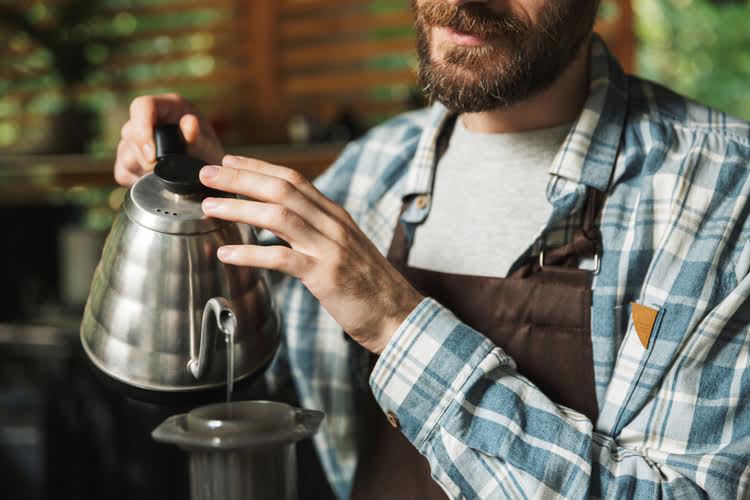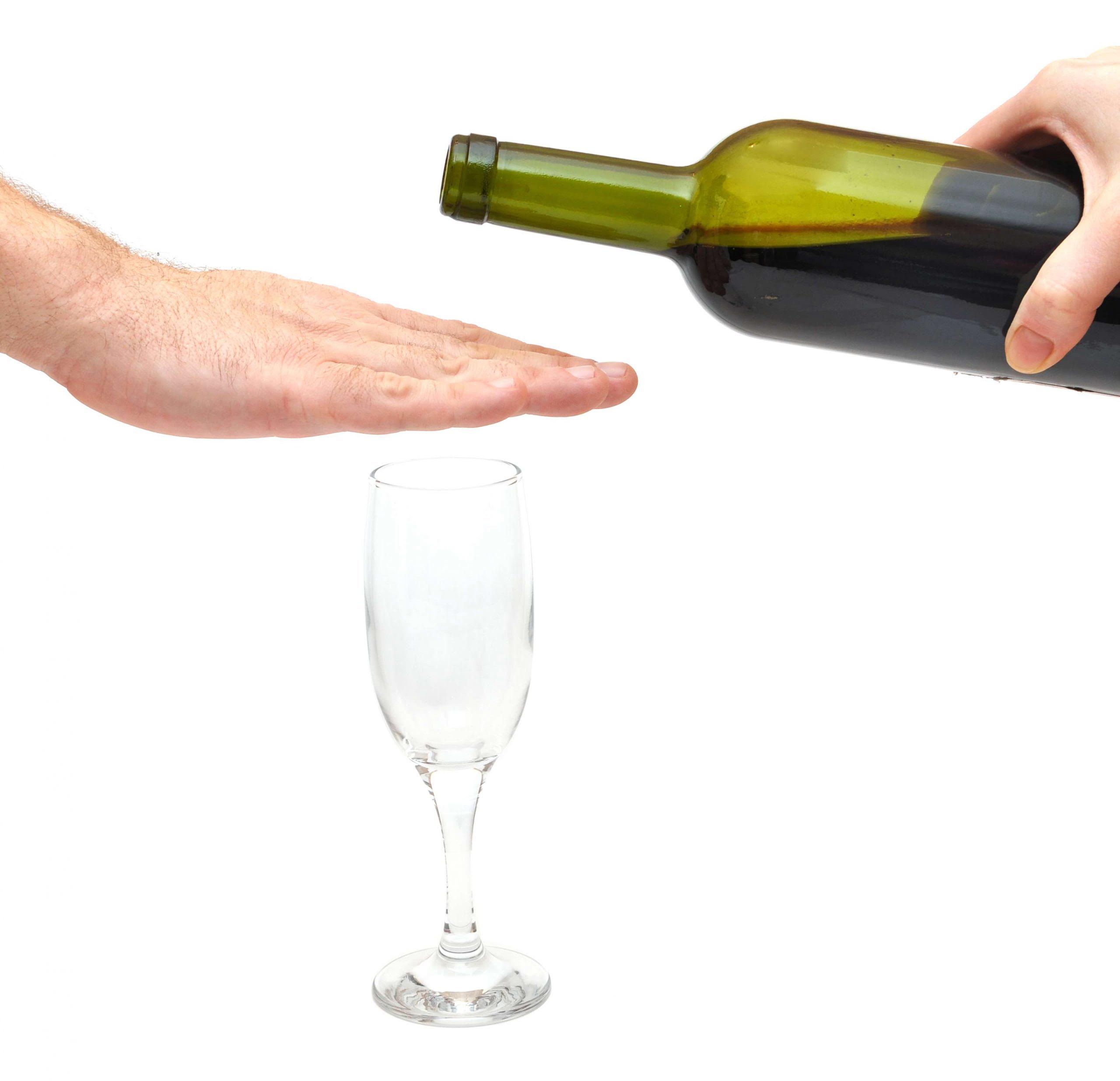Or, they may exhibit more extreme emotional reactions, such as crying or anger, even from relatively minor triggers. These all add more emotional stress to an already burdensome load, making it even harder to break free from emotional drinking. Dopamine is a neurotransmitter that plays a critical role in the reward system in your brain (more on this in a moment). Increased dopamine leads to feelings of pleasure and satisfaction, which is why you might feel all warm, fuzzy, and happy after the first couple of drinks. Understanding emotional drinking and its seductive illusions is the first step to breaking free from its grip.
- At Monument, we provide one-on-one alcohol therapy, along with over 60 moderated support groups each week, with groups that focus on the topic of alcohol and grief.
- Mental health professionals help you determine why you make your choices and develop new, healthier coping skills.
- The individual may rely on alcohol to alleviate their PTSD symptoms, but this dependence can lead to increased distress and exacerbation of both conditions.
- Together, these effects can temporarily relieve feelings like sadness and stress,” he explains.
- Outpatient treatment can follow inpatient treatment or be used independently in recovery.
Turning to Alcohol in Times of Crisis
Using substances in this way could be a sign of an underlying physical or psychological health concern that should be treated. Finding out that someone you love is struggling with alcoholism can be shocking. There are many reasons why people turn to alcohol to cope with their problems. By understanding alcoholism, it can help bring an understanding on how to https://ecosoberhouse.com/article/how-to-stop-using-alcohol-as-a-coping-mechanism/ treat this disease. Recognizing a problem is the first step toward addressing it, and numerous resources exist for individuals looking to change their relationship with alcohol.
Why You Need A Plan For Managing Stress In Sobriety

The Recovery Research Institute is a leading nonprofit research institute of Massachusetts General Hospital, an affiliate of Harvard Medical School, dedicated to the advancement of addiction treatment and recovery. The main barometer to keep in mind is the frequency of use and amount of consumption of alcohol. This is relevant to all aspects of the discussion below and how you should evaluate your use of alcohol as a coping mechanism. However, the point of talking to a friend isn’t to ask for a solution to your problem. We feel happier, secure, and more at peace when we feel connected and heard, and when we feel supported, difficult situations become easier to handle.

What is PTSD?
- With respect to diagnostic outcomes at age 28 to 30, lifetime MDD was directly predicted by depression and substance-use coping, but was not directly related to alcohol use at age 23.
- For most people, these negative behaviors bring up negative feelings because they go against having a good character.
- For instance, approximately 75% of people who have survived abuse or violent traumatic events report having drinking problems.
- Some of these questions may resonate more than others at different stages of your journey.
- Purpose Healing Center offers a secure environment and resources to teach you new healthy coping mechanisms so you can heal from your alcohol use disorder.
The alcohol rehab dependent variable is the amount of alcoholic beverage (beer) consumed and can range between 0 and 666 ml (equals 26.64 g ethanol). Non-alcoholic drinks are presented to control for the potential effect of thirst. The ad-libitum taste test is a valid method for the assessment of alcohol intake in the laboratory supported by strong associations between ad-libitum consumption and typical alcohol consumption 84.

PTSD and Alcohol – Understanding PTSD: Causes and Symptoms
- Unfortunately, alcohol is commonly used to self-medicate and escape from these symptoms.
- If your substance use has become an addiction and you are unable to stop using on your own, reach out for help.
- Causes of alcoholism range from social and environmental to genetic and psychological factors.
- This widespread use isn’t a new phenomenon — alcohol has played a significant role in society since ancient civilizations.
- Thus, substance use coping is a modifiable risk factor that serve as an important target for developmentally focused prevention and intervention programs.
“January can be a difficult time of year for so many people and families up and down the country when day to day concerns about finances and debt come sharply into focus,” she said. Elaine Hindal, chief executive of Drinkaware, has explained why more people may feel the urge to drink during this time of year. Approximately three in five people admitted that they drink alcohol to help them handle the pressures of their daily lives. Recent research conducted by Drinkaware investigated the regular drinking patterns of people in the UK aged between 18 and 75.
